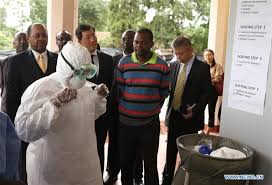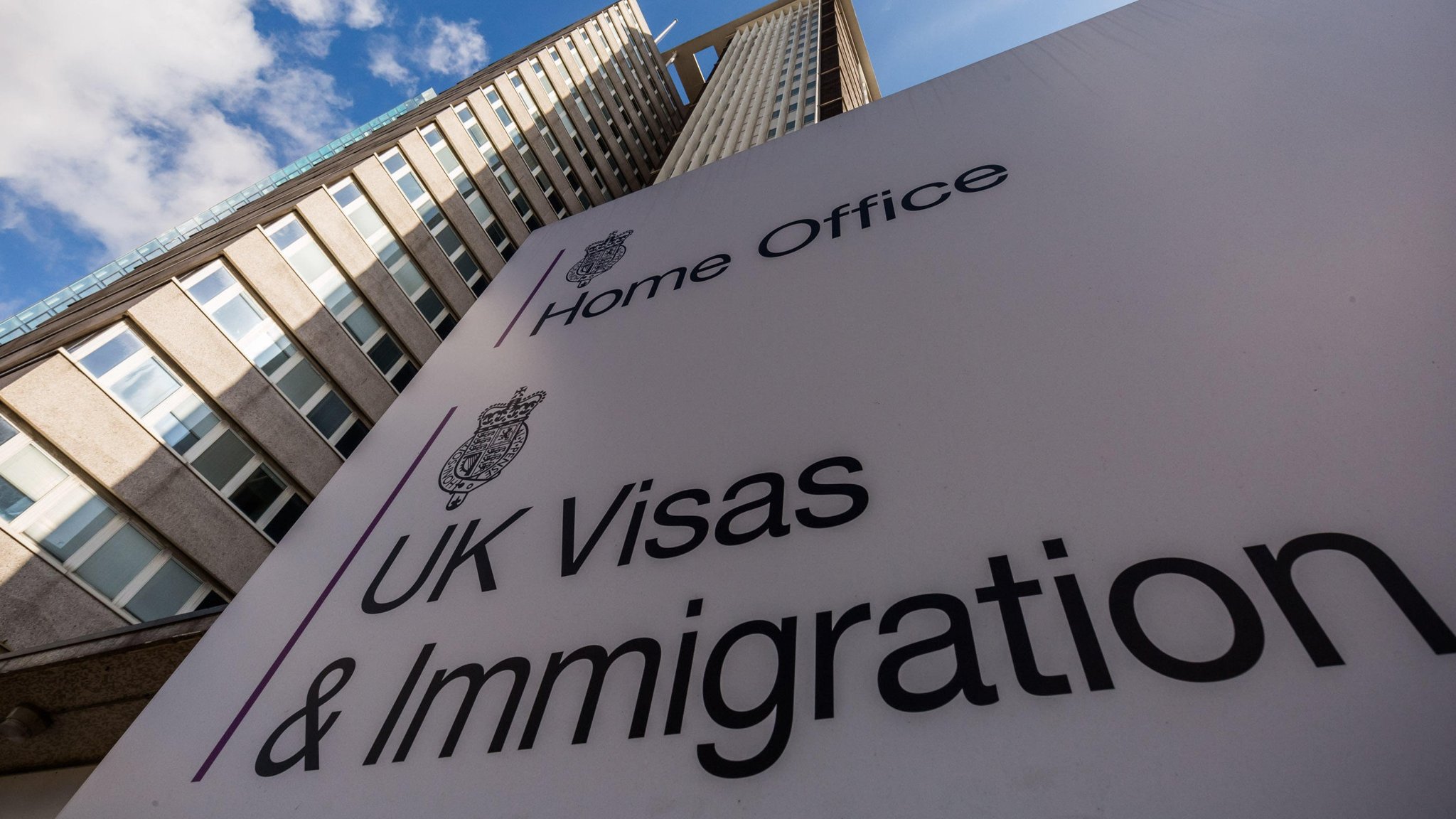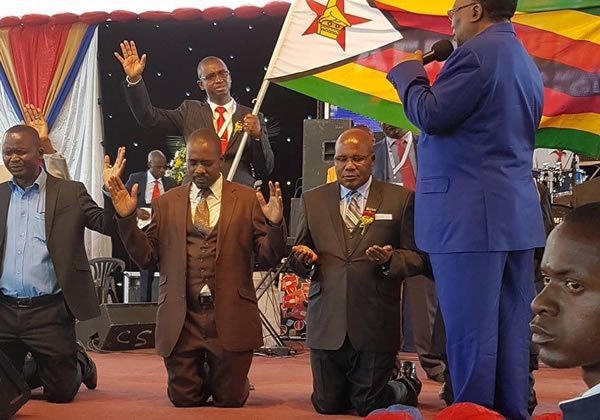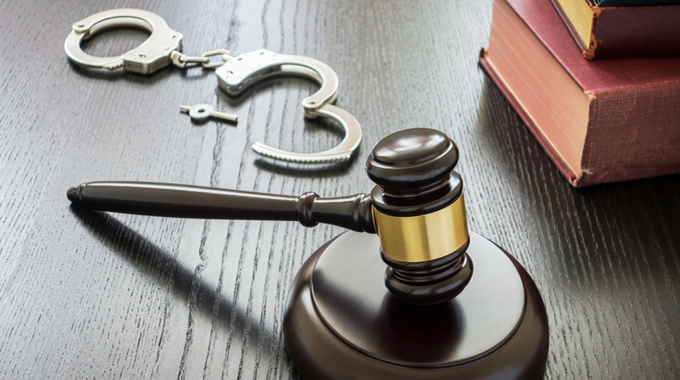
by Memory Mataranyika
The Covid-19 coronavirus, which has killed 100 000 people across the world, could be stalking Zimbabwe silently.
There were concerns about poor preparedness, inadequate testing and socioeconomic practices that had resulted in little to no social distancing during the lockdown.
Citizens, especially those in townships and farming communities, continued to gather to trade informally.
President Emmerson Mnangagwa came face to face with the reality of the socioeconomic problems Zimbabweans were encountering on a tour of urban townships this week where he witnessed people grappling with water supply challenges and informal traders reverting back to the streets, despite a 21-day lockdown directive.
Most urban areas in Zimbabwe had experienced challenges getting access to clean water, forcing residents to resort to communal boreholes, which drew large numbers.
The government had been dragged to court for failure to supply potable water during the 21 days of lockdown.
Covid-19 has so far killed three people in Zimbabwe. By Friday night 10 people had tested positive for the virus.
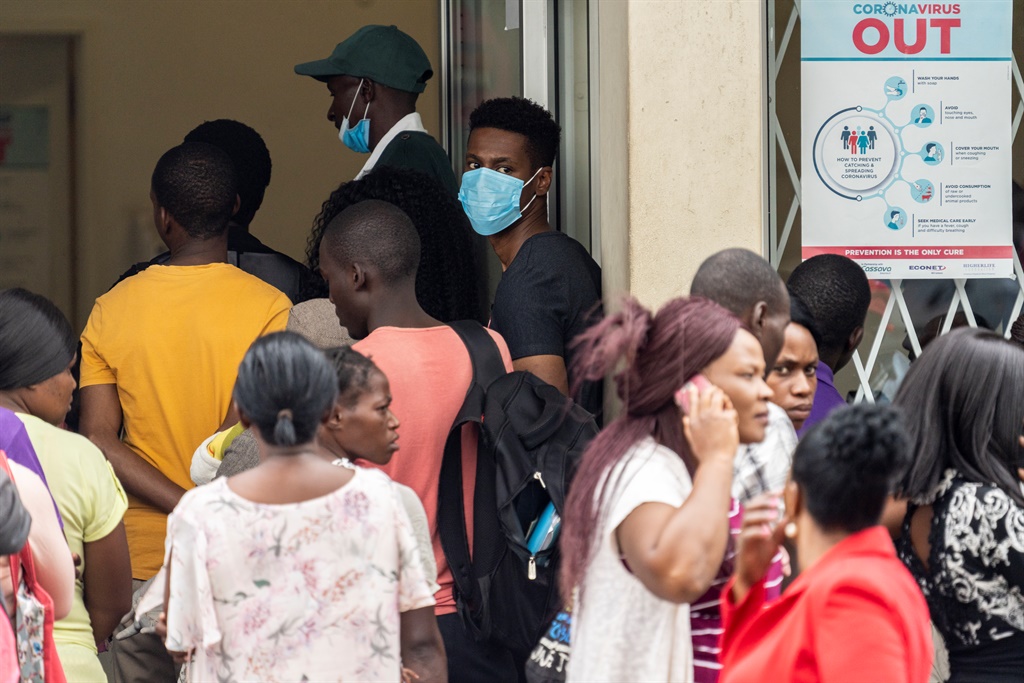
Crowds of people queue at a bank on March 23, 2020, in Bulawayo, Zimbabwe. On March 23, 2020, Zimbabwe announced a first Covid-19 coronavirus related death.
The government had been criticised for testing too few people and of not properly tracking down contacts of the confirmed cases.
The Ministry of Health and Child Care said on Friday that it had undertaken a total of 463 tests for Covid-19, with 450 cases testing negative.
Officials at the ministry said the low numbers of those tested were caused by a shortage of functional test kits.
The criticism against the government response stemmed after the arrival of about 13 000 Zimbabweans from South Africa in the past few weeks before the lockdown in Zimbabwe started on March 30.
Legal experts had compiled human rights violations against citizens by those trying to enforce the lockdown.
The Zimbabwe Lawyers for Human Rights (ZLHR) told City Press this week that court applications had been filed by citizens, who claimed police and other law enforcers had assaulted them and destroyed farmers’ produce.
“We have taken note of violations against citizens. We have received complaints of assaults of people,” said Kumbirai Mafunda of ZLHR.
Although confirmed cases had been low in the country, doctors and other experts were worried that the country was sitting on a time bomb, especially because of the critical shortage of protective equipment and testing kits.
Zimbabwe had 500 functional test kits for Covid-19 and 438 of these had been used by Thursday.
Other test kits donated by Chinese business magnate Jack Ma were not usable. Others were still being procured, said health ministry officials.
The Zimbabwe Association of Doctors for Human Rights took the government to court this week, saying more than 1 500 doctors, nurses and other critical health sector practitioners were working and attending to Covid-19 cases without adequate protective equipment.
This was despite the government encouraging universities across the country to start manufacturing protective wear, such as masks. There was also a shortage of sanitisers.
“Handling highly contagious cases is what poses a huge problem in a dysfunctional system like ours. With proper planning and adequate equipment any health worker can handle this very well,” said Dr Prince Murambi, a medical specialist and physician.
He said three Zimbabwean Covid-19 patients had died. They had needed special respiratory care and equipment, such as ventilators, but the medical team had failed to access them.
“All of them needed escalation of respiratory care, and, sadly, none of them got it.”
This had prompted Zimbabwean businessperson and philanthropist, Strive Masiyiwa, to step up interventions by getting 19 ventilators.
Some tertiary education institutions in Zimbabwe were also trying to get ventilators to help Covid-19 patients to get better care.
The Zimbabwe Coalition on Debt and Development said the country needed more money for a comprehensive response to the pandemic.
Zimbabwe was already in an economic productivity nosedive, its currency was weak and there were funding gaps for infrastructure development.
The health sector was already in intensive care.
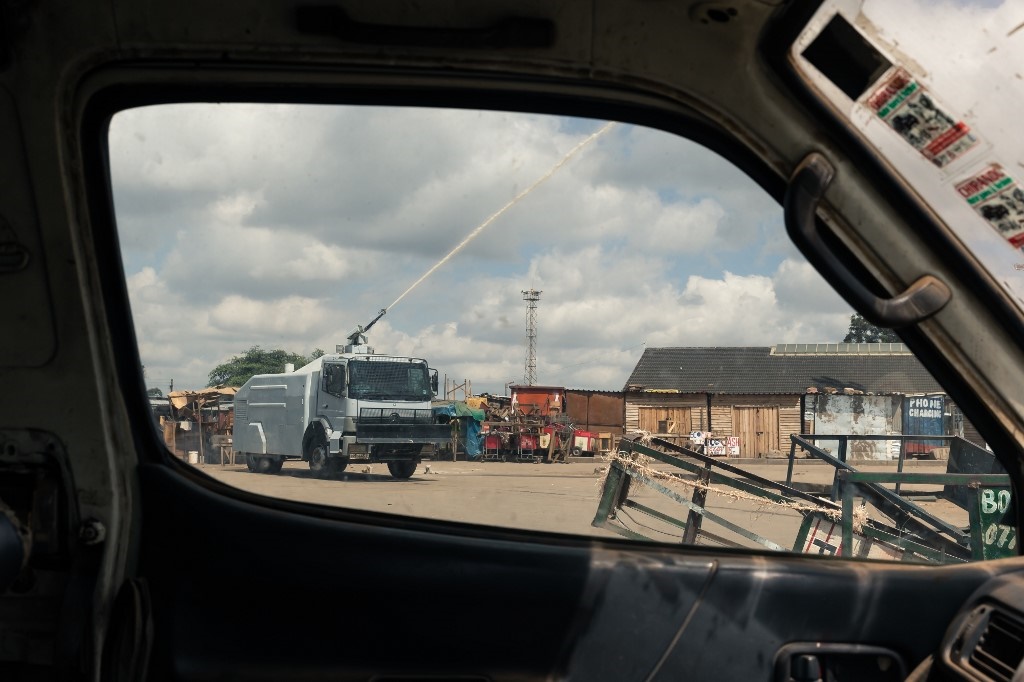
A Zimbabwe Republic Police (ZRP) anti-riot police water cannon sprays disinfectant liquid at a deserted bus rank in Mbare township in Harare. (Jekesai Njikizana/AFP)
Zim needs no less than $400 million for a comprehensive response to the Covid-19 pandemic.
This amount would help hospital infrastructure and provide the means to get protective equipment and test kits. It would also provide socioeconomic growth and make Water, Sanitation and Hygiene (Wash) more available.
Development partners, corporates, citizens and the government had mobilised funds amounting to $162 million, said the coalition.
Despite the lockdown in Zimbabwe, people had been gathering in masses at market places and in townships.
With Zimbabwe’s economy being largely informal, most people were running out of food supplies.President Emmerson Mnangagwa
“It is difficult to stay indoors because I have to go out and trade. I also cannot buy food for more than a week; we live off our daily informal trade business and any disruption means we do not have anything to eat for the day and the day after,” Zvikomborero Masanga of Mbare in Harare told City Press.
He said he had to risk running battles with police who were trying to enforce the lockdown.
The lockdown had intensified the battles between Zimbabweans and law enforcers, forcing the government to bring in the military to help deal with those disregarding the lockdown directive.
By the end of this week, more than 3 200 people had been arrested for violating lockdown emergency laws.
Mnangagwa warned on Thursday that security services would intensify measures to keep people at home to help fight the spread of Covid-19.
“Our security arms will be intensifying their patrols to ensure compliance and curb movement of pedestrians and vehicles,” Mnangagwa said in a televised Easter message.
However, opposition leader Nelson Chamisa had criticised the lockdown, saying it was inadequate and highlighted that Zimbabwe was a Covid-19 disaster waiting to happen.
“A disaster is loading in Zimbabwe. Lives are at risk. We must invest in testing and tracking. A lockdown without testing, tracking and isolation is useless,” said Chamisa.

